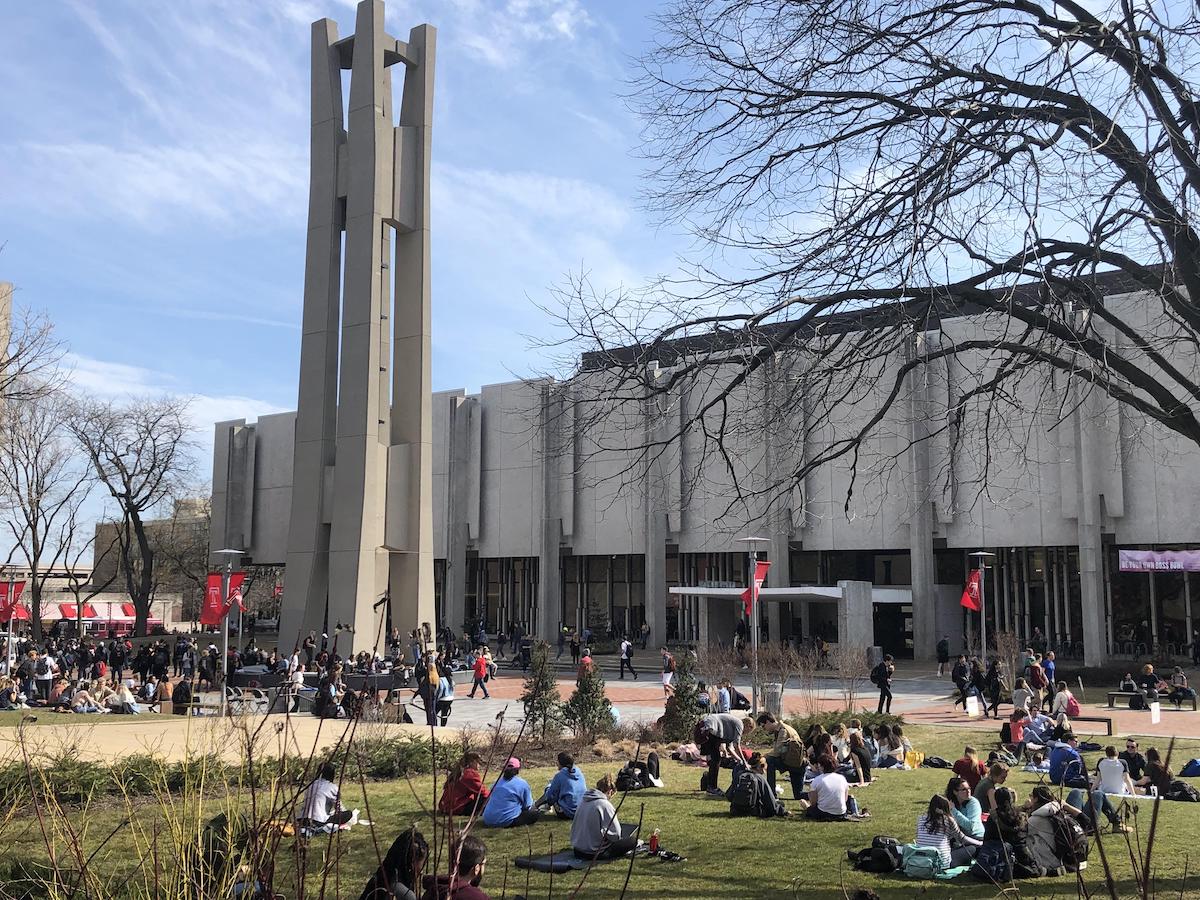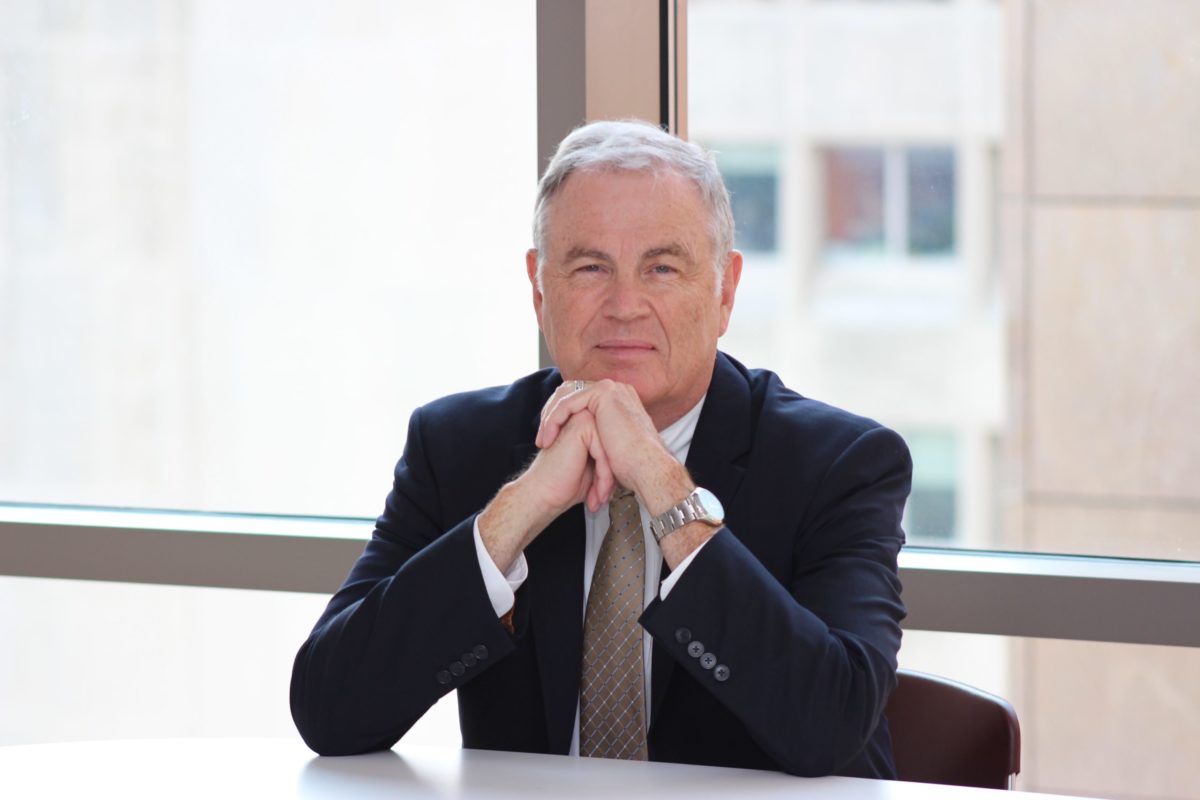As a project engineer at chemical company Thinkol working with rocket propulsion systems in the early ’80s, Temple University engineering department chair Thomas Edwards was a one of just a handful of subject matter experts about rockets on the East Coast.
Before landing there, Edwards told Technical.ly, he remembers his own engineering degree as being a combination of mechanical, chemical and electrical engineering concepts. He quickly realized he needed to differentiate his skill set and increase his value in a different job with more available opportunities.
“I’m a big believer in the interdisciplinary approach,” he said. “I could go to the electrical guy and I knew enough to say, ‘We could maybe do it this way.'”
Today, Edwards and his Temple colleagues are focused on reimagining how engineers are perceived in the workplace. As technical workers progress in their careers, skills they learned as undergraduate students can quickly become obsolete. As David Brookstein, the senior associate dean in Temple’s College of Engineering, told us in December: Our knowledge of technology doubles every 12 hours. You can feel that change in the number of technology patents every year. In 2019, a new high-watermark of 333,530 patents, a 15% increase from the year before, were granted by the U.S. Patent and Trademark Office.
“I tell students on day one, it doesn’t matter where you go after here, but 50% of what we teach you now will be obsolete in a few years, and you’re going to have to learn how to learn,” Brookstein said.
A core focus of our reporting on technical careers is the many ways a person can become a technologist, and whether a college degree is necessary to advance. Bootcamp grads and self-taught learners can find success alongside degree holders as coders, for instance.
In the broader engineering space — as opposed to strictly software engineering — there’s more of an expectation that you went to college. But even within that space, there’s plenty of discussion about the best way to educate would-be professionals, and how much real-world experience is needed before they enter the real world.
“We’re responding to industry needs and student needs,” Edwards said. “My mantra was, give students something they can use tomorrow. You have to give them something that is a challenge.”

With Temple offering graduate programs in the likes of bioengineering, electrical engineering and environmental engineering, as well as certificate options in fields like cybersecurity and robotics, Edwards, who completed most of his own education part-time, said students can get an education that combines practical experience and theoretical knowledge. Design thinking as a principle is also taught. (Locally, Drexel University also has a cyber program within its College of Computing & Informatics.)
While understanding physical sciences and mathematics and applying that knowledge to machinery and computers are important, he said, students should also learn accounting and project leadership. For him, there is no perfect answer in terms of what should be left out as students try to learn as much as possible over a span of four years.
Graduate work is what he believes can allow a student to diversify and add those non-core skills — like accounting and project leadership — that they may otherwise miss out on in preparing for a career in engineering. Describing it as a pi-shaped approach, Edwards said students can have deep expertise in separate areas and span the boundary between them.
Lately, there’s been plenty of talk about rethinking education. Classes at degree-centered institutions have shifted to virtual in the pandemic, and, in software engineering particularly, new models like coding bootcamps are emerging. Yet no matter the setting, Edwards believes that education programs have the highest value when professors and instructors provide context and expand on the teachings found in source material. Platforms such as Lynda and YouTube offer solutions in terms of explaining the fundamentals of certain concepts, but having the right professor can make a significant difference, he said.
“If all you’re doing is showing a YouTube video, you cannot be competitive,” he said. “People can get that on the internet.”
Using Harvard Business School professor Michael Porter as an example, Edwards explained that great professors don’t just show a video of Porter’s teachings, but they discuss them, challenge their ideas and ask how students would find solutions.
“If I haven’t lived that reality, I can’t speak to you,” he said, of students. “I have to combine theoretical background and practical application.”







